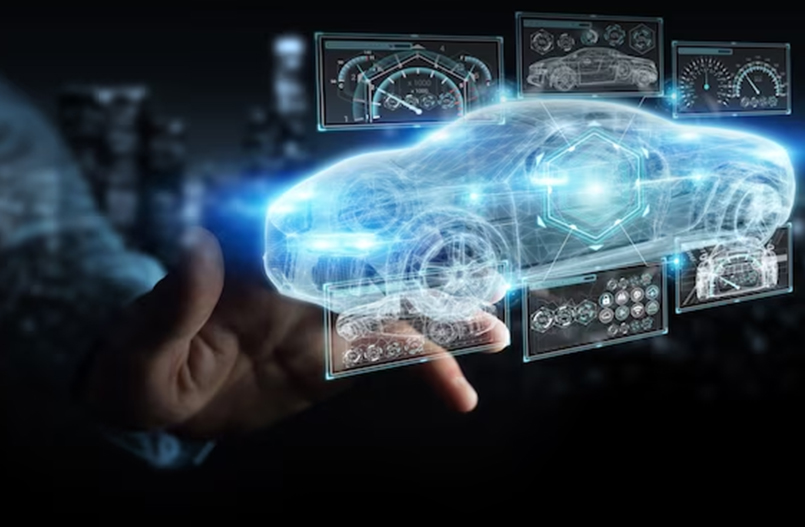The automobile, a marvel of engineering and innovation, has played a pivotal role in shaping the modern world. From the early days of horse-drawn carriages to the sophisticated electric and autonomous vehicles of today, the automobile has continuously evolved, leaving an indelible mark on society, culture, and the environment. This article explores the fascinating history and evolution of the automobile, tracing its journey from a simple mode of transportation to a symbol of freedom and technological advancement.

The Early Days:
The story of the automobile begins long before the first gasoline-powered vehicle hit the road. In the late 18th century, inventors like Nicolas-Joseph Cugnot and Richard Trevithick developed steam-powered vehicles that laid the foundation for future innovations. However, it was not until the late 19th century that the first practical gasoline-powered automobile was born. In 1885, Karl Benz, a German engineer, built the Benz Patent-Motorwagen, widely recognized as the world’s first true automobile. It featured an internal combustion engine powered by gasoline, a revolutionary concept that would change the world.
The Age of Mass Production:
The early 20th century saw the rise of mass production techniques, notably pioneered by Henry Ford and his assembly line. Ford’s Model T, introduced in 1908, became the world’s first affordable and mass-produced automobile, making car ownership accessible to the masses. This marked a significant shift in transportation and contributed to the rise of the American automotive industry.
Technological Advancements:
As the automotive industry matured, so did the technology behind automobiles. Innovations like electric starters, pneumatic tires, and improved suspension systems made cars more comfortable and easier to operate. In the mid-20th century, advancements in safety features, such as seatbelts, airbags, and anti-lock brakes, began to make cars safer for drivers and passengers.
The Environmental Impact:
While automobiles brought unprecedented convenience and mobility, they also raised environmental concerns. The widespread use of gasoline and diesel engines led to air pollution, greenhouse gas emissions, and a dependence on fossil fuels. In response to these challenges, automakers started developing alternative fuel vehicles, including electric cars and hybrids. These vehicles aimed to reduce emissions and promote sustainability.
The Electric Revolution:
The 21st century witnessed a resurgence of interest in electric vehicles (EVs). Companies like Tesla, founded by Elon Musk, played a pivotal role in popularizing electric cars. EVs offer several advantages, including zero tailpipe emissions, lower operating costs, and a reduced environmental footprint. Governments worldwide have also encouraged the adoption of EVs through incentives and regulations to combat climate change.
Autonomous Vehicles:
Another groundbreaking development in the automotive industry is the concept of autonomous or self-driving cars. Companies like Waymo, Uber, and traditional automakers are investing heavily in autonomous vehicle technology. These vehicles use advanced sensors, artificial intelligence, and machine learning algorithms to navigate without human intervention. While fully autonomous cars are still in the testing phase, they hold the potential to revolutionize transportation, improve safety, and reduce traffic congestion.
Challenges and Opportunities:
As the automobile continues to evolve, it faces both challenges and opportunities. Environmental concerns, traffic congestion, and infrastructure development are some of the challenges that need to be addressed. On the other hand, opportunities for innovation abound, including the development of hydrogen fuel cell vehicles, improved battery technology, and the integration of renewable energy sources.
Conclusion:
The evolution of the automobile is a remarkable journey through time, reflecting the ingenuity and creativity of humanity. From its humble beginnings as a steam-powered prototype to the cutting-edge electric and autonomous vehicles of today, the automobile has transformed the way we live, work, and travel. As we look to the future, the automotive industry will continue to shape our world, offering solutions to environmental challenges and redefining the concept of personal mobility. Whether through electric cars, self-driving technology, or other innovations, the automobile remains a symbol of progress and a testament to human innovation.
